Erbil Travel Guide
For the more adventurous travelers, Iraqi Kurdistan is sure to be on their bucket list. With the gradual return of stability to Iraqi and visa-free schemes for Kurdistan, travel has never been easier. While tourism is growing in Erbil and surrounding areas, Kurdistan is left ultimately untouched. Therefore, traveling to Kurdistan allows the unique opportunity to journey to the unknown and experience true Kurdish culture. On the other hand, due to the lack of amenities and infrastructure, travel can prove to be quite difficult. Here is an overview of what you need to know to start your holiday in Iraqi Kurdistan!
You can find information on Akre, Lalish, and Rawanduz here!
Erbil International Airport
After getting your passport stamped, travelers will then walk out to the arrivals portion of the airport. Here are many stalls providing car services, sim cards, and currency exchange. ATMs often do not work in Kurdistan and if your flight arrives late at night the money exchange at the airport will already be closed. Fortunately, many taxi drivers accept US dollar and Euro. There is no free wi-fi in the airport, the only option would be to approach the coffee stand in arrivals to ask for their password. There is also no public transportation to or from Erbil International Airport. It would be advisable to arrange for your taxi beforehand. In my case, I had to pay the whopping price of 25 USD to be taken a mere 6km.
Departing from Erbil International Airport is a little bit strange as well. Your taxi will drop you off at a separate building from the actual terminal. Here is where the first round of security checks will take place. After being cleared, passengers will then board a shuttle bus which will take them to the departures hall of the airport.
Where to Stay
Hostels are currently nonexistent in Erbil. After talking to some locals, there are dormitories available for less than a dollar. However, this kind of accommodation is not advertised and are located in more decrepit parts of town. Hotels found online usually start at around 15 USD a night. In my case, I stayed at the Madera Hotel, costing 24 dollars a night. The hotel, while rundown, is staffed by incredibly hospitable employees and is located only 1km from the citadel.
Ankawa-The Christian District
Ankawa and the surrounding districts of Vital City and Dream City are the flourishing business/expat neighborhoods of Erbil. Those travelers wanting to stay in a more liberal environment with various restaurants, bars, and clubs, this area is for you. Since the US embassy is located in this district, Ankawa is also incredibly safe. The only drawback is that these areas are located near the airport, leaving them 6km away from the cultural center near the citadel.
What to do in Erbil
The Citadel
The cultural center of Erbil is, without a doubt, The Citadel. The Erbil Citadel and the city’s history is closely linked, with a history dating back before the Assyrian Empire. The current appearance of the walls and buildings are reflective of the Ottoman period, however. The Southern section of the Citadel is largely rebuilt while other parts of the wall are still left partially collapsed. To this day, The Citadel still dominates the Erbil skyline. Its presence is further amplified with the presence of a huge flag pole placed in the heart of the castle.
The interior of the citadel is currently being renovated, with many districts being closed off while restorations are being completed. After entering the citadel there is little to do, only a textile and gem museum to entertain tourists. The only other site of historic relevance is the Qalla mosque, located near the center of the citadel.
The Bazaars
The entirety of the area south of the Erbil Citadel is many sprawling bazaars spilling over into each other. The recently remodeled Qaisary Bazaar, located to the south-west, is the most famous. This market offers anything from souvenirs and golden jewelry to pesticides and gardening equipment. Nearby you will also find the electronics market where you can purchase a sim card for a reduced price.
Sheikh Allah Bazaar is located to the South-East of the Citadel. Here one will find various fruits and vegetables for sale. Compared to the other markets, there is more of an abundance of street kids, selling plastic bags and being paid to carry around customers shopping in wheelbarrows. There is also a large currency exchange market, although it looks quite unreliable. For those wanting the best rate, it is recommended to go to the Family Mall.
Visiting a Gun Shop
The once infamous black market in Erbil has been closed since 2016. With the fall of the Islamic State, the local government saw the need to control the buying and selling of arms. While the military market is closed, you still have the opportunity to check out one of the last operating gun sellers in Erbil (that I know of). This gun shop is located in a small market just east of the park in front of the citadel, housing various camera and tool repair shops. The owner was indifferent to a tourist gawking at his machine guns and RPGs being promptly displayed in his shop and was even open for taking photos.
Some other sites popular within Erbil are the Minaret Park and Jalil Khayat Mosque. For more info on things to do in and around Erbil click here!
Getting Outside of Erbil
Buses are a bit difficult to come by in Erbil. All intercity transportation departs from the Erbil International Terminal near the Family Mall. From here, you can find shared taxis taking you to all corners of the country, including Mosul. Haggling is a must with the taxi drivers. Fortunately, with multiple passengers they are less inclined to try and cheat you.
For a list of fares and more travel information click here!
Some of the most popular places to do day trips from Erbil is Akre, Lalish, and Rawanduz!
Scams
While leaving Erbil may be easy, getting back will end up being a bit more expensive. Unless you are in a major city, hailing a shared taxi with be difficult. Also, when visiting destinations such as Lalish or Saint Matthews Monastery there is no choice but to hire a private taxi. When doing so be sure not to pay the full amount of the fare before the end of your journey. In my case, I paid a driver to take me to Lalish, Saint Matthews Monastery, and Akre for the sum of a hundred dollars. I tried to pay half up front and half at the end of the trip, but the driver refused. Being on the side of the road in Iraq, I took a chance and paid him up front. Later on, he informed me we couldn’t visit the Monastery since the Iraqi Army was currently in the region fighting ISIS. While I had no problem with this, it did take off a destination on the itinerary. Obviously, I would expect some of the money to be returned to me. The man refused. Eventually, I found some lovely Arab men from Baghdad to help me translate with him. Calling him a theft and that he was shaming his people was not enough to sway his mind. I was consoled by the translators, being told that this is a Kurdish trick which they have fallen victim to in the past as well.
Many of these cab drivers will also try and squeeze more money out of you after reaching your destination. They will find excuses such as complaining about traffic or the road being bad. It is best to stay firm and pay the original price which you had agreed on.
The Kurds
Overall, the Kurdish people are some of the most hospitable I have ever met in all my travels. On my first day in Erbil, many shop owners wouldn’t take my money, giving me drinks for free. Roadside workers, seeing me pass by, offered me their hats to shade me from the sun. Many other locals offered me to sit down with them and eat together. Unlike other countries, I did not feel gawked at for being a foreigner. The hospitality of the Kurds was truly genuine. When seeing your camera, many people in the bazaar will ask you to take a picture of them and their shops. Even the street kids, pushing sticks of gum at you, will eventually give it to you for free after talking to them for a while. Despite the scams by the taxi drivers, Kurds truly are some of the most welcoming people on the planet.
Is Iraqi Kurdistan Safe?
Contrary to what many may think, Iraqi Kurdistan is extremely safe. Numbers show that in recent years there have been more terrorist attacks in France than there has been in Kurdistan. Despite this, it is important to note that you are still entering a war zone. I was unable to travel to certain regions due to military operations being taken against ISIS. During my stay, there was even an attack on a government building in Erbil. This attack, however, is considered extremely rare in the capital.
As a foreigner traveling in Kurdistan, your safety is a top priority by the local police, Peshmerga, and the Asaije. The Peshmerga are the Kurdish military which maintains safety in Kurdistan. By law, the Iraqi Army are not allowed to enter the borders of Kurdistan. The various checkpoints on the highways are all operated by the Peshmerga. The Asaije is a kind of army reserve, which act as a police force in cities throughout Kurdistan. Many taxi drivers are also a part of the Asaije. If you are concerned about your safety, you can always ask if the driver is Asaije or not before getting in the vehicle.
Overview
Traveling to Kurdistan was an amazing, eye-opening experience. As a traveler, you are truly experiencing and documenting places that are untouched by tourism. Despite my grievances with the taxi drivers, the Kurds were extremely hospitable, making me feel truly welcome in their country. Kurdistan is about as off the beaten path as one can go. For those looking for adventure and an experience that will last a lifetime, Iraqi Kurdistan awaits you!

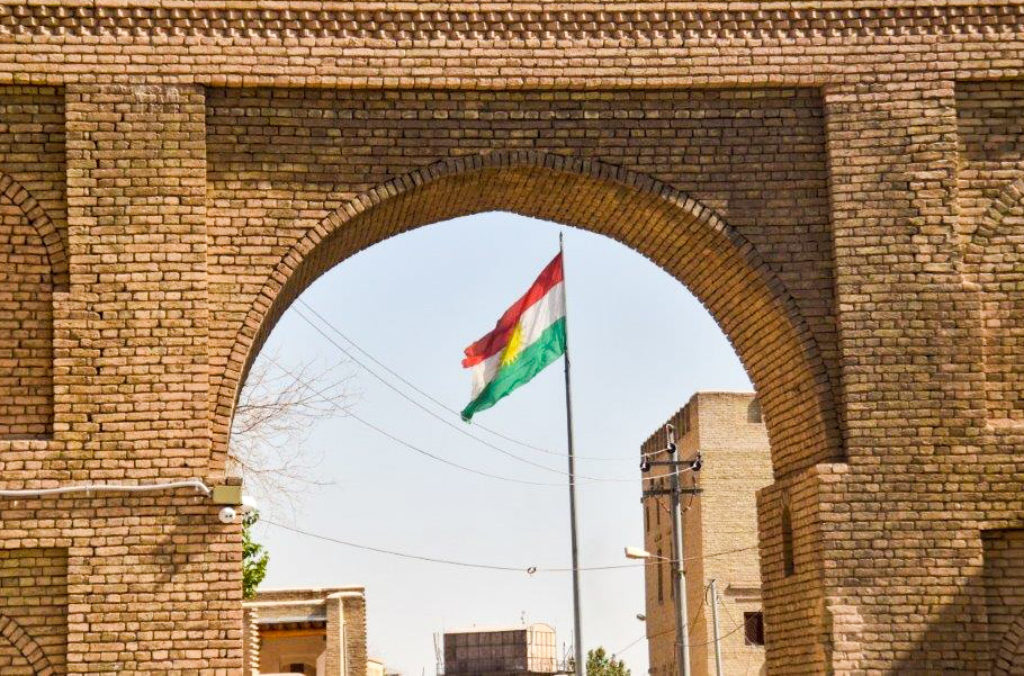
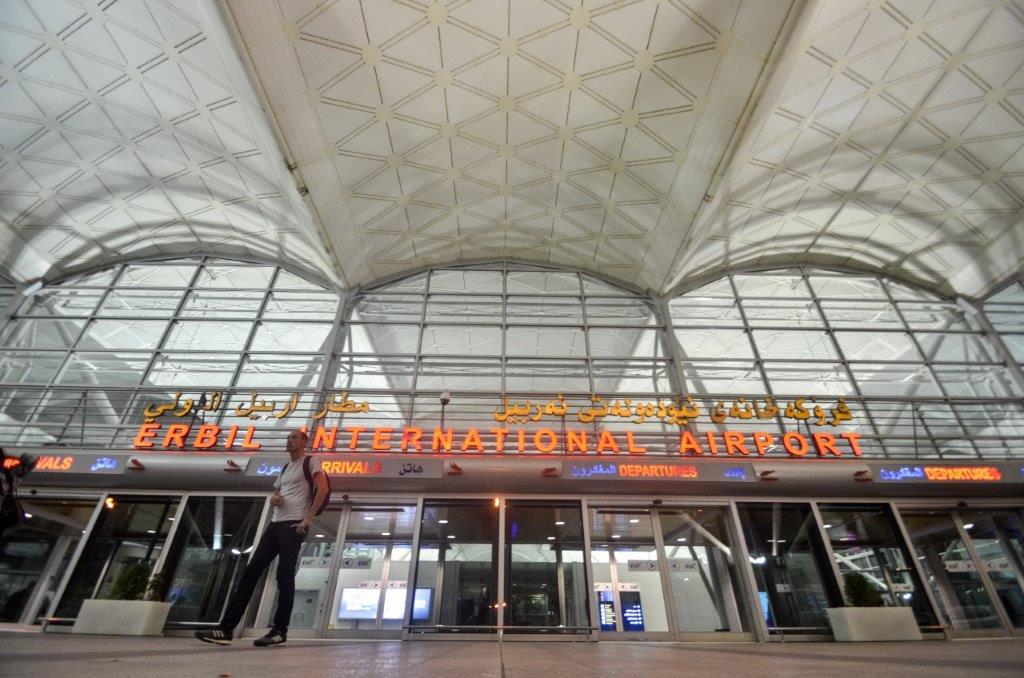
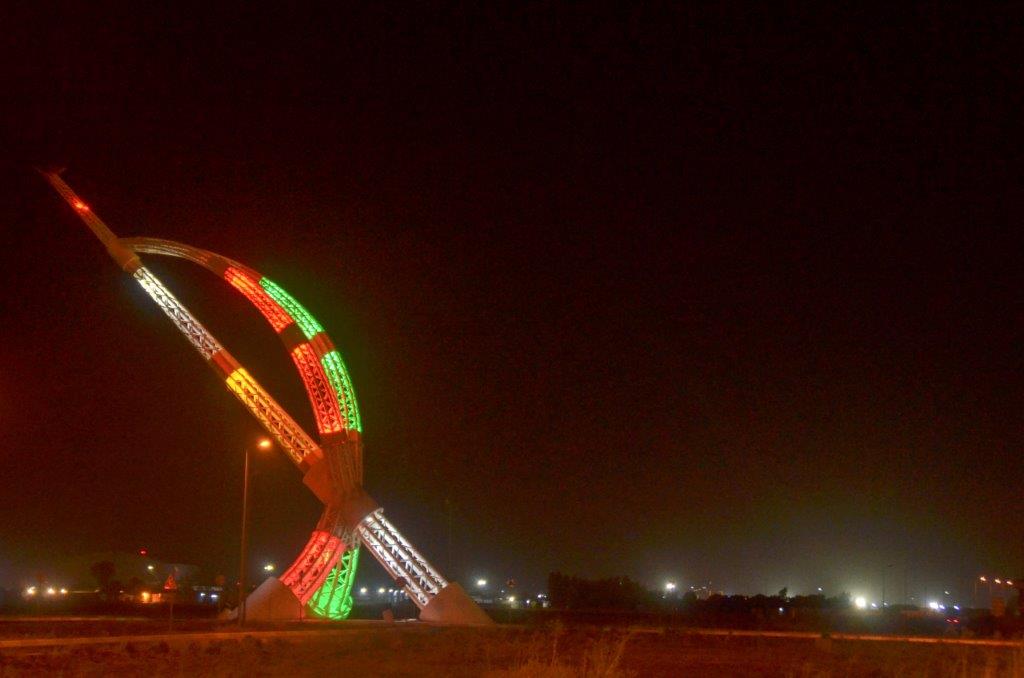
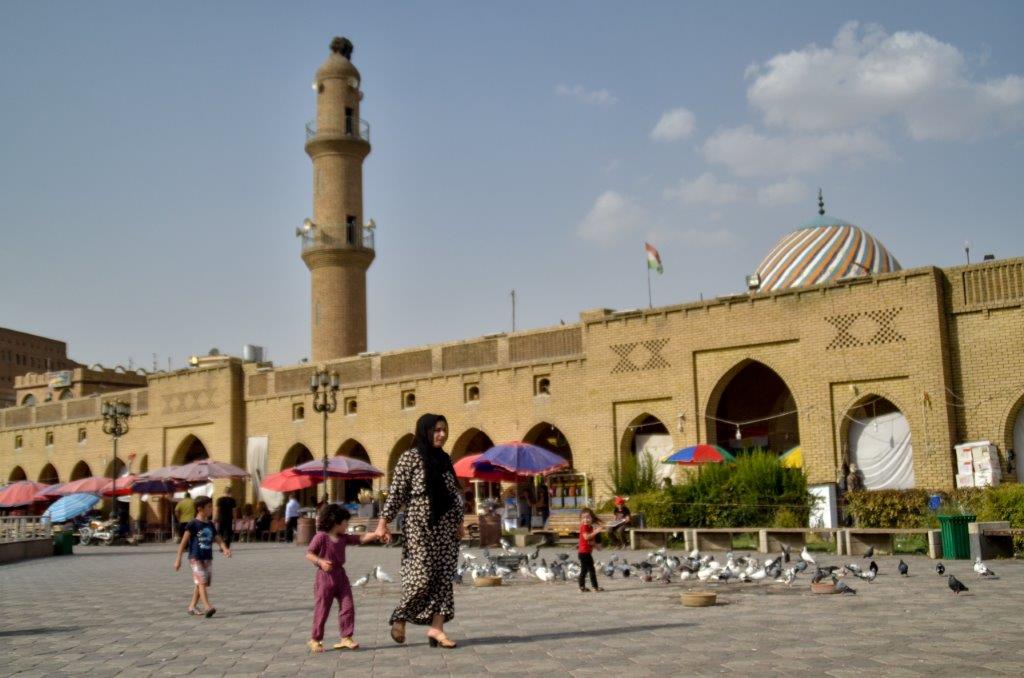
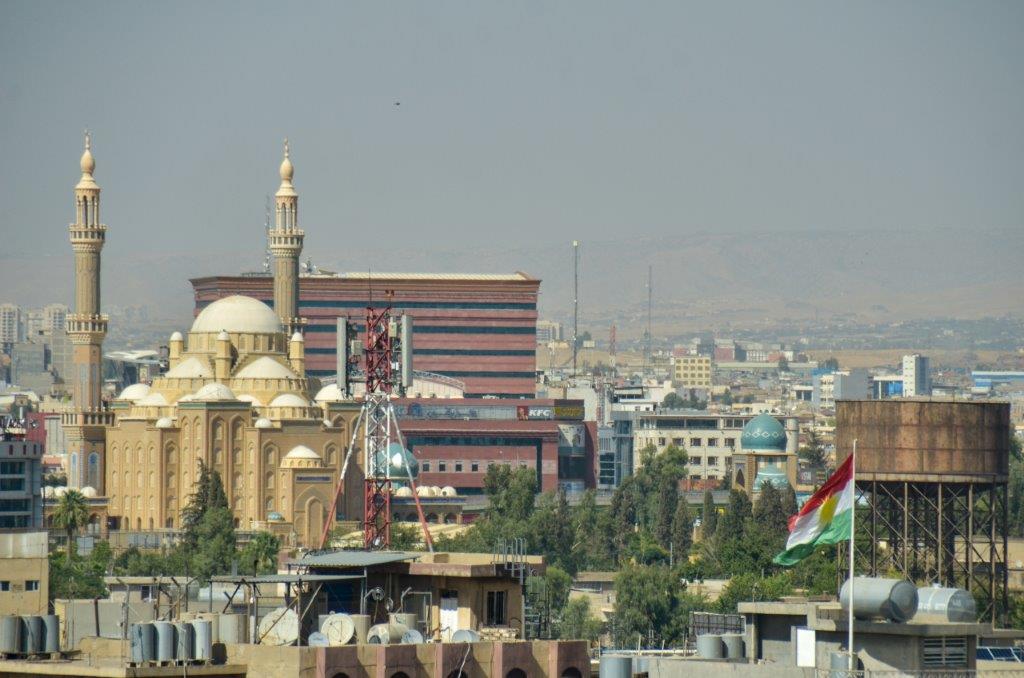
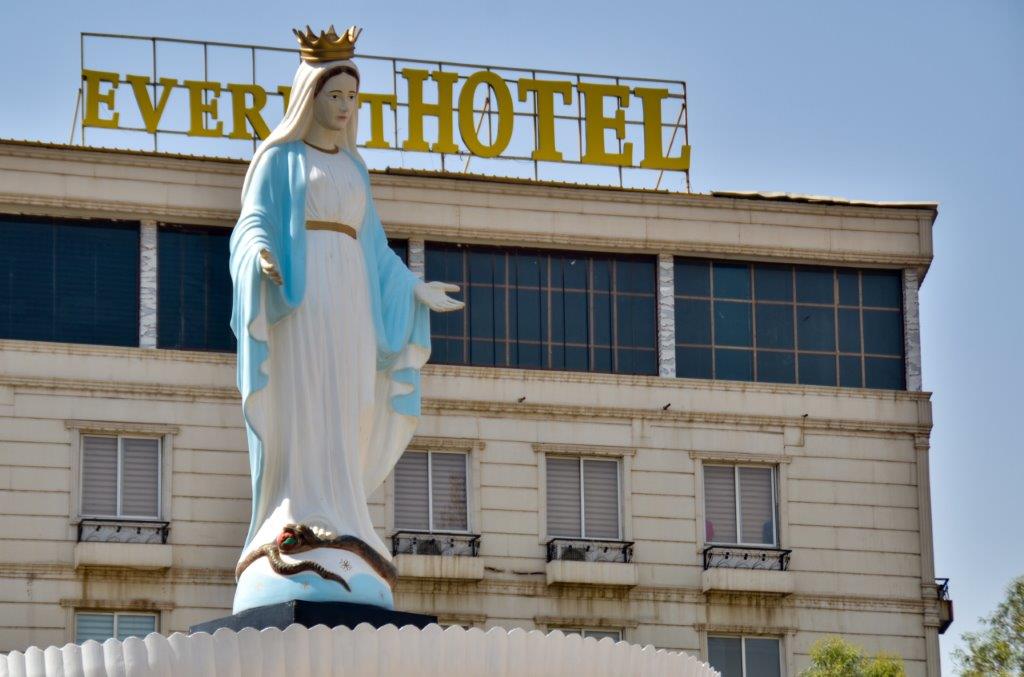
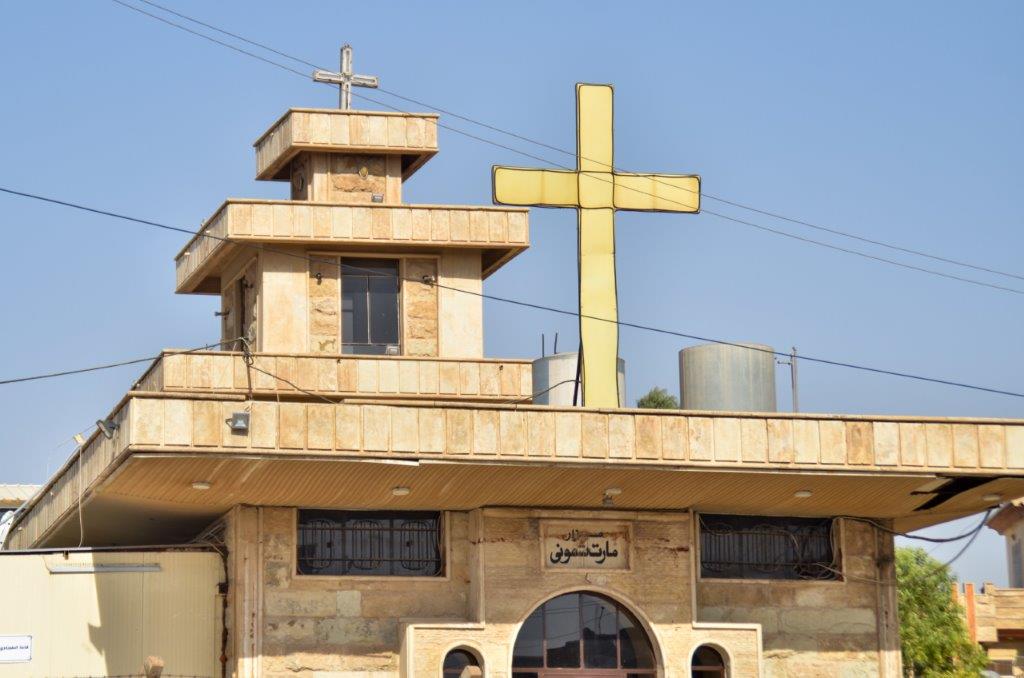
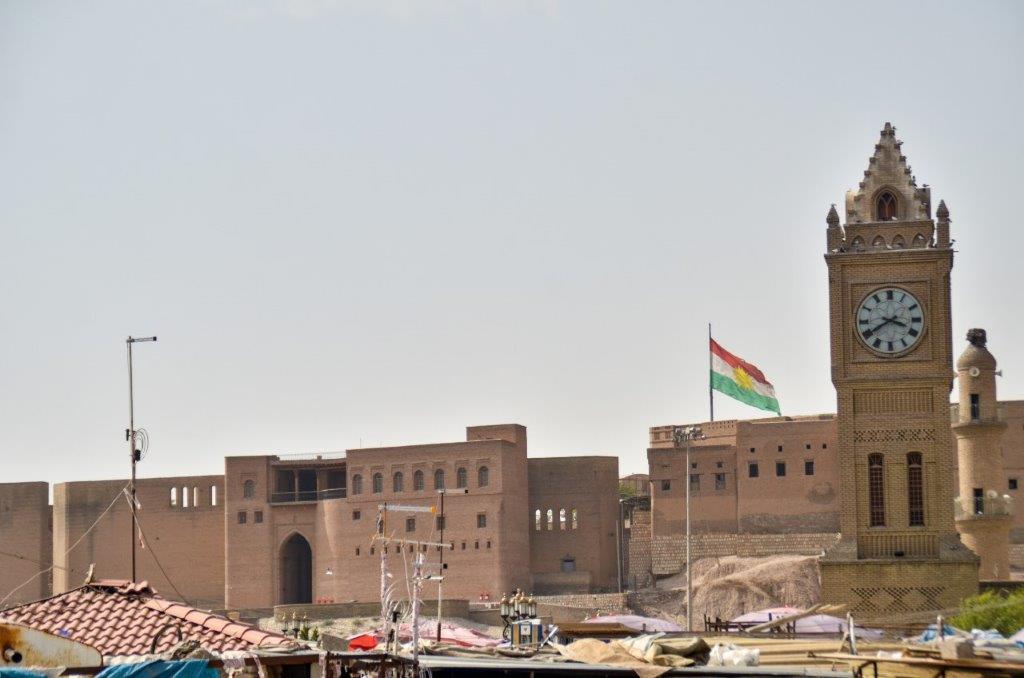
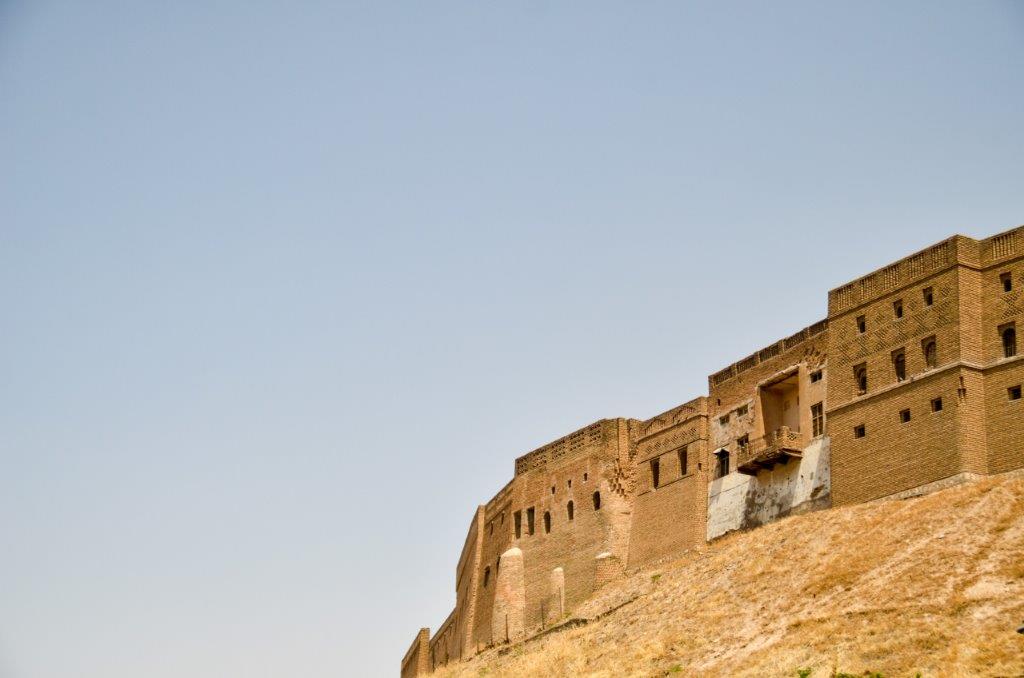
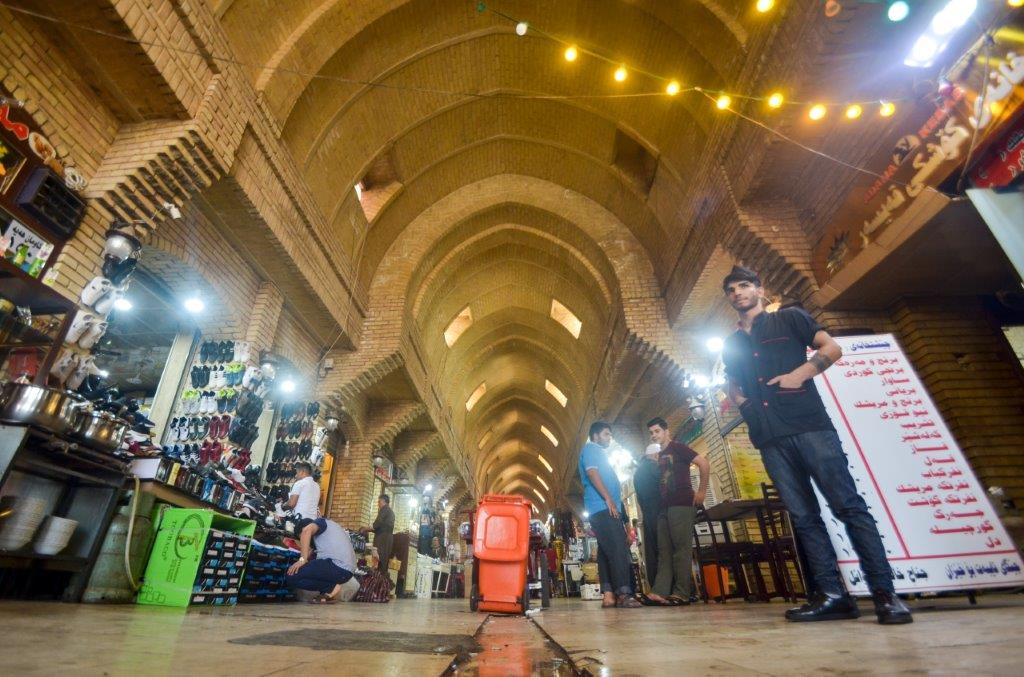
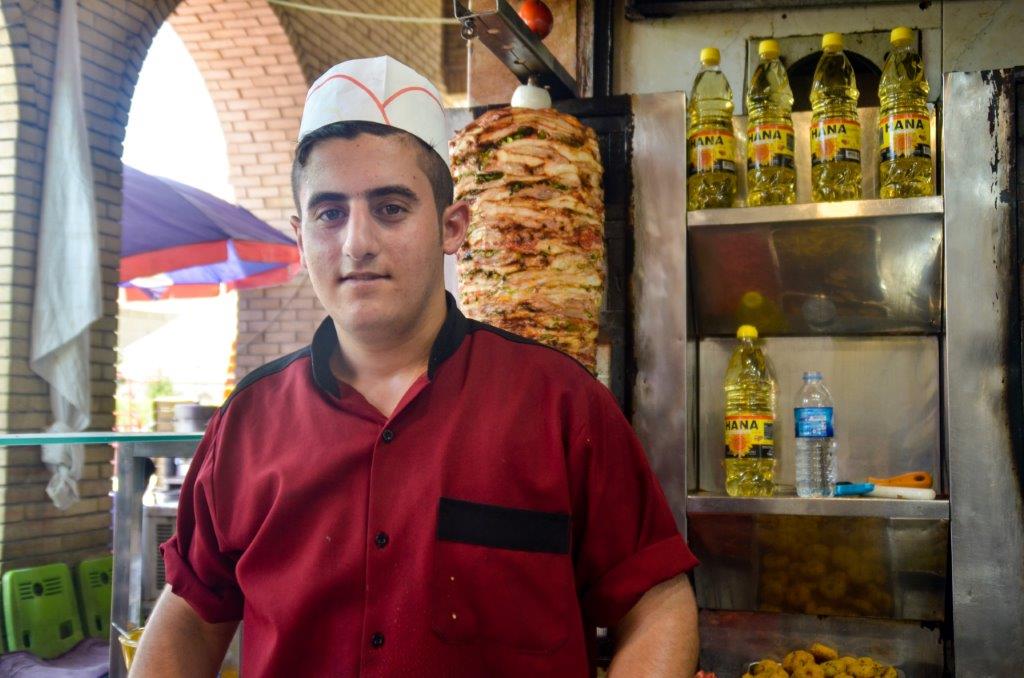
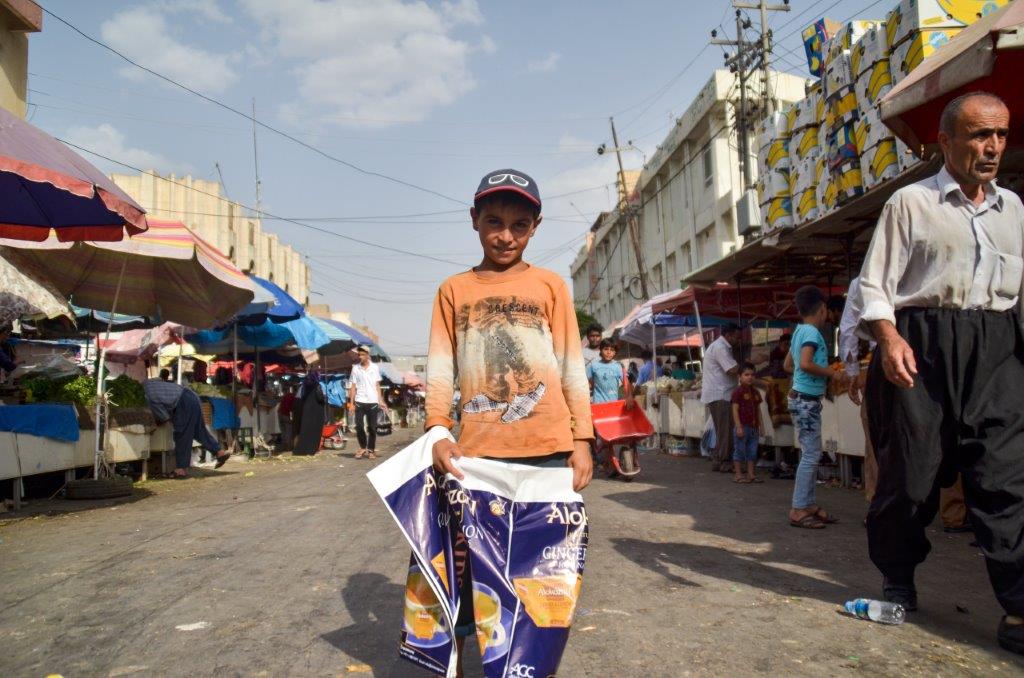
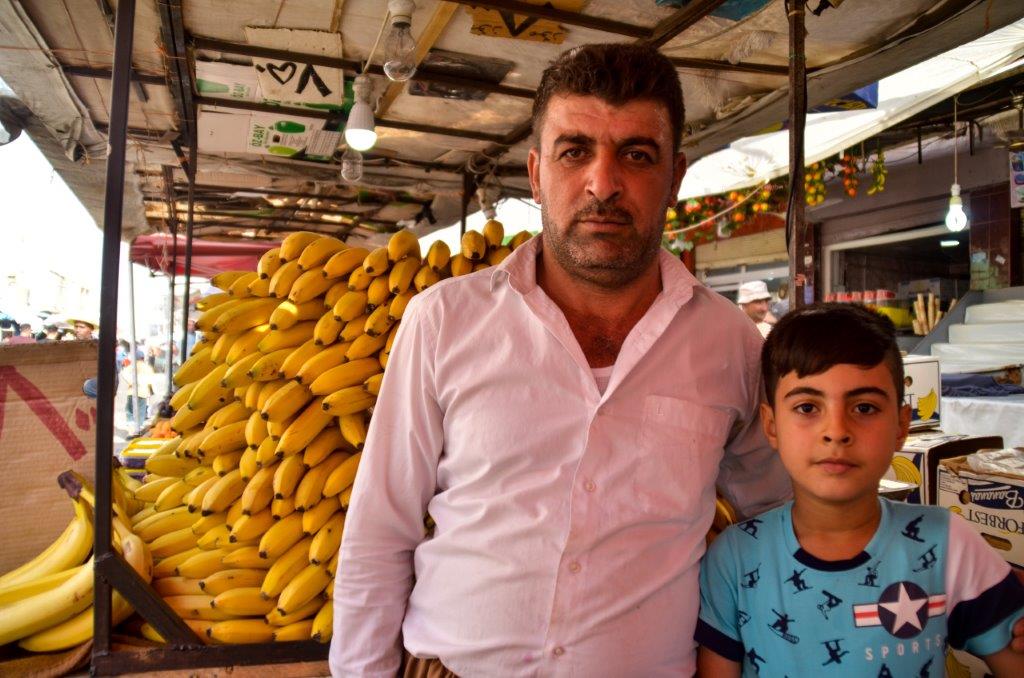
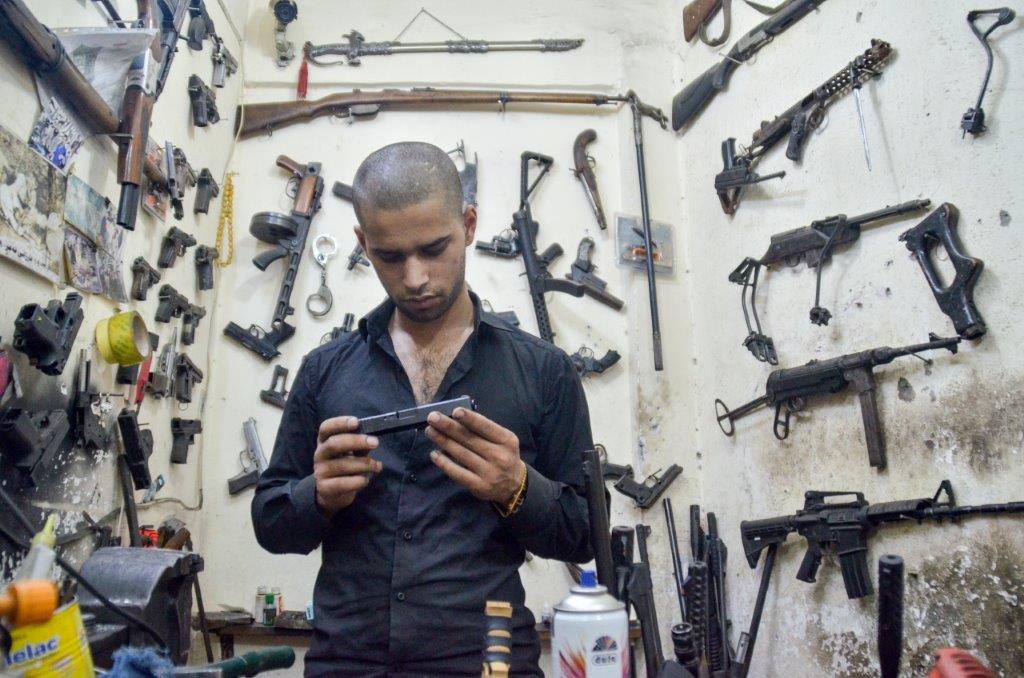
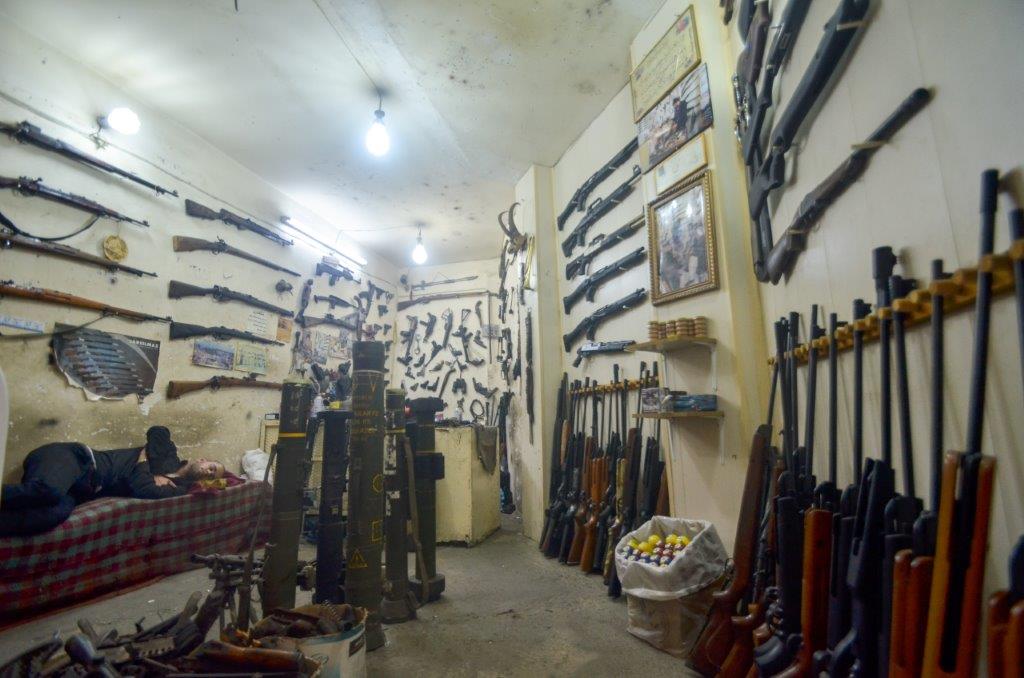
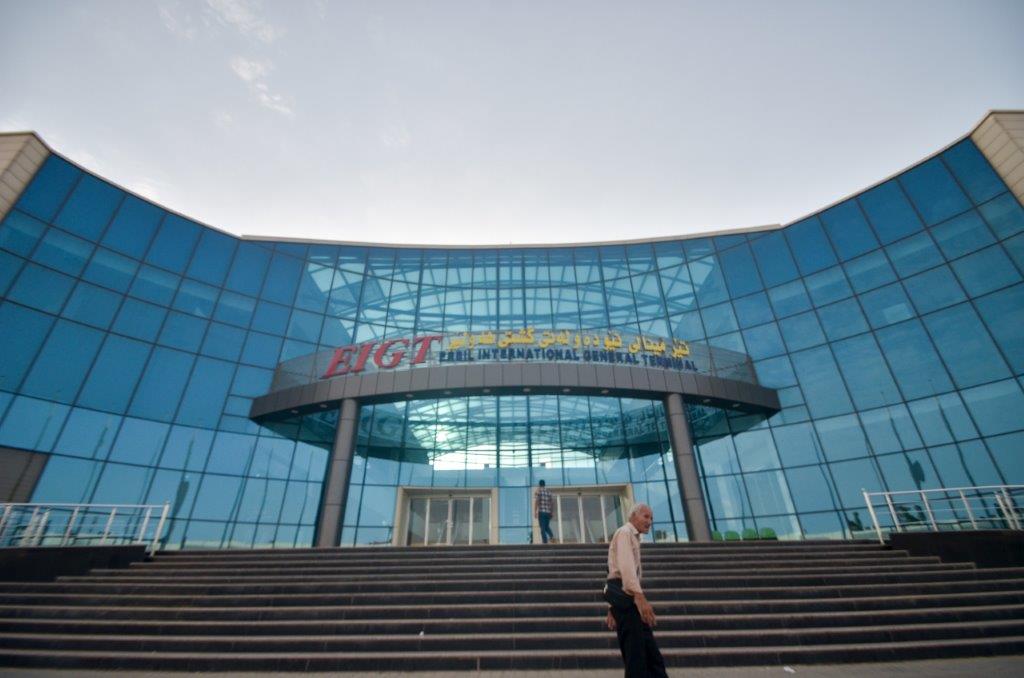
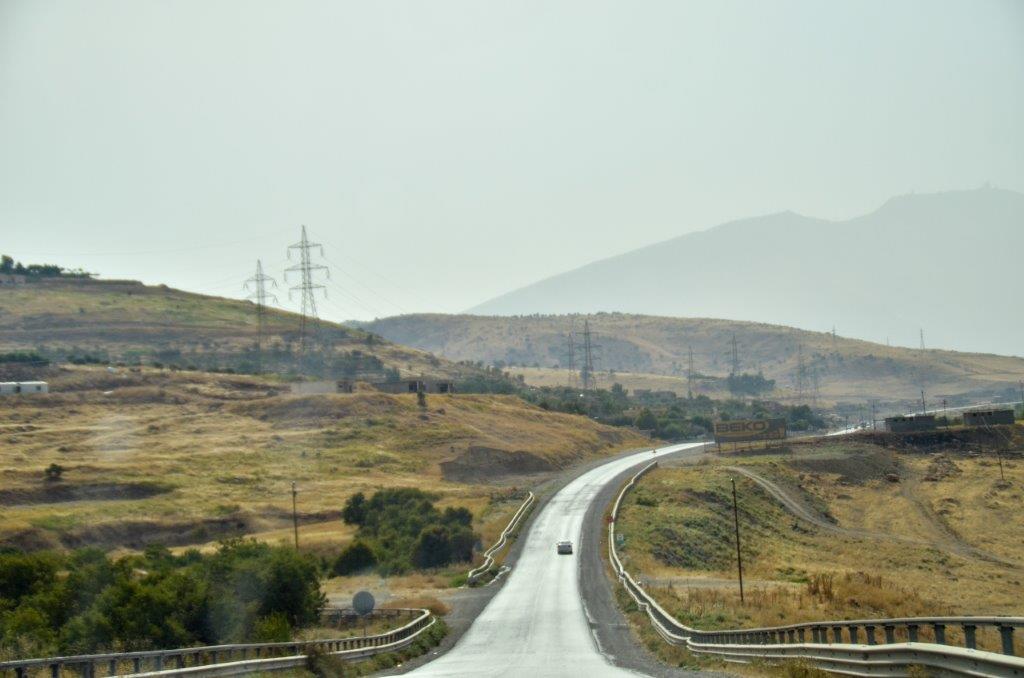
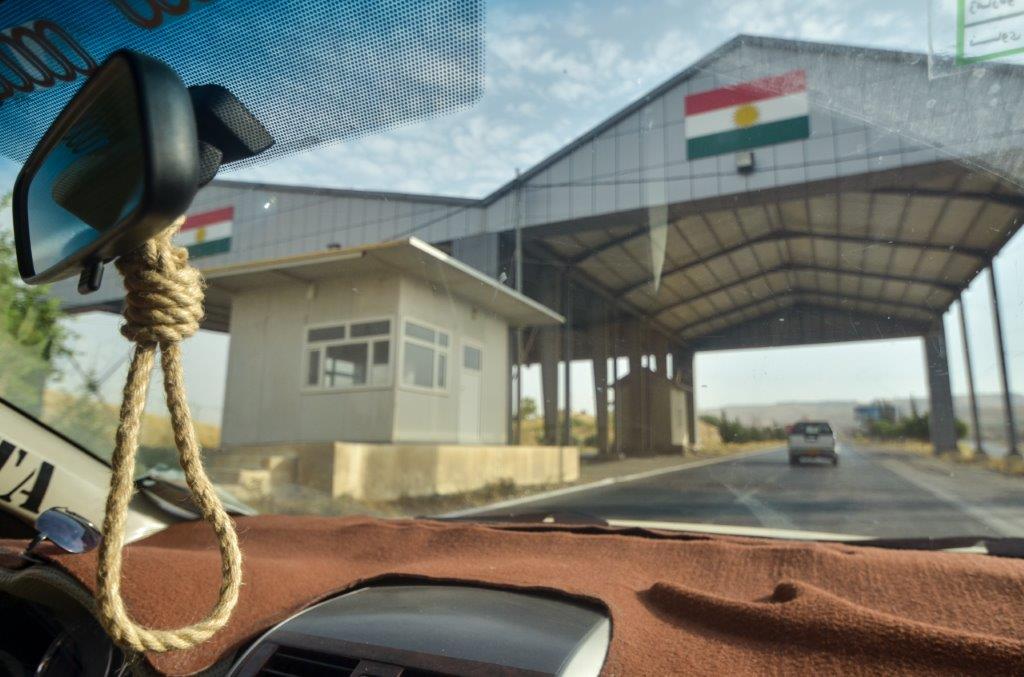
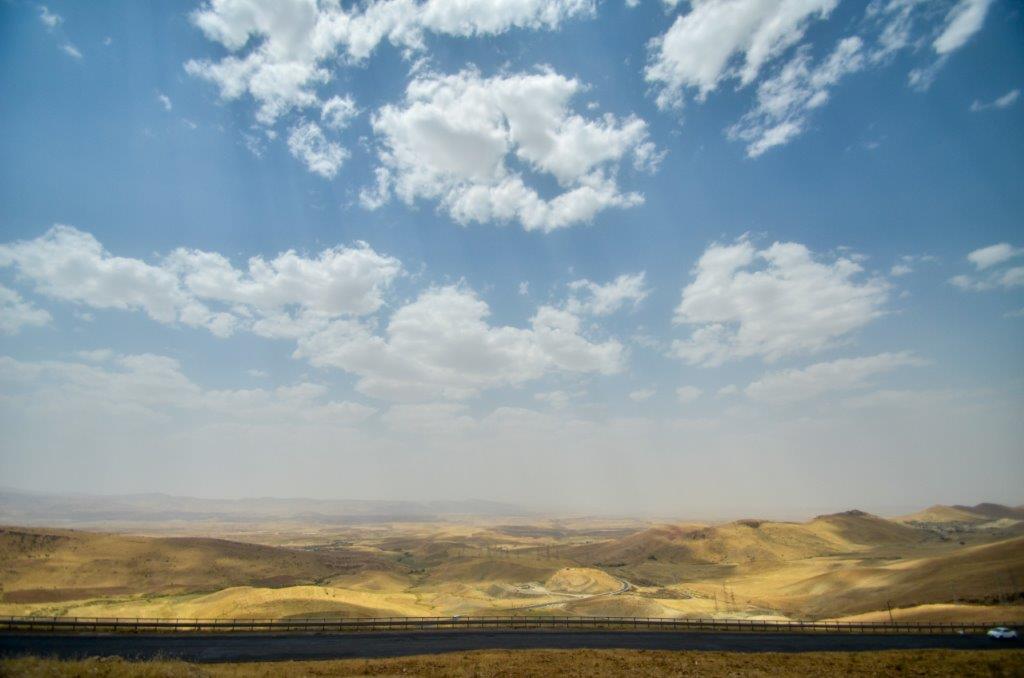
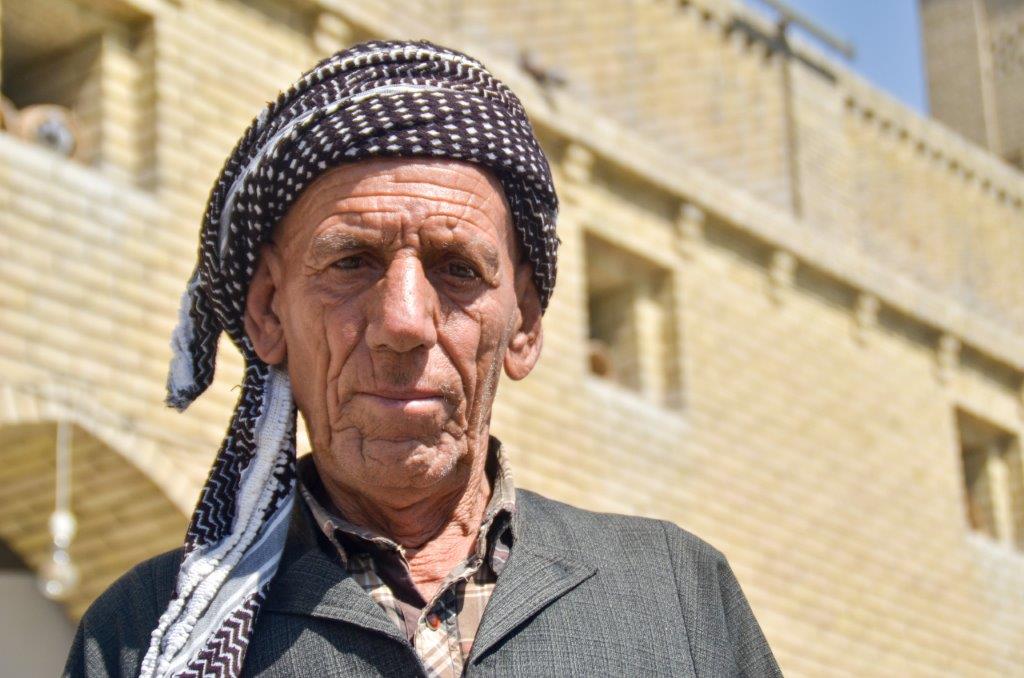
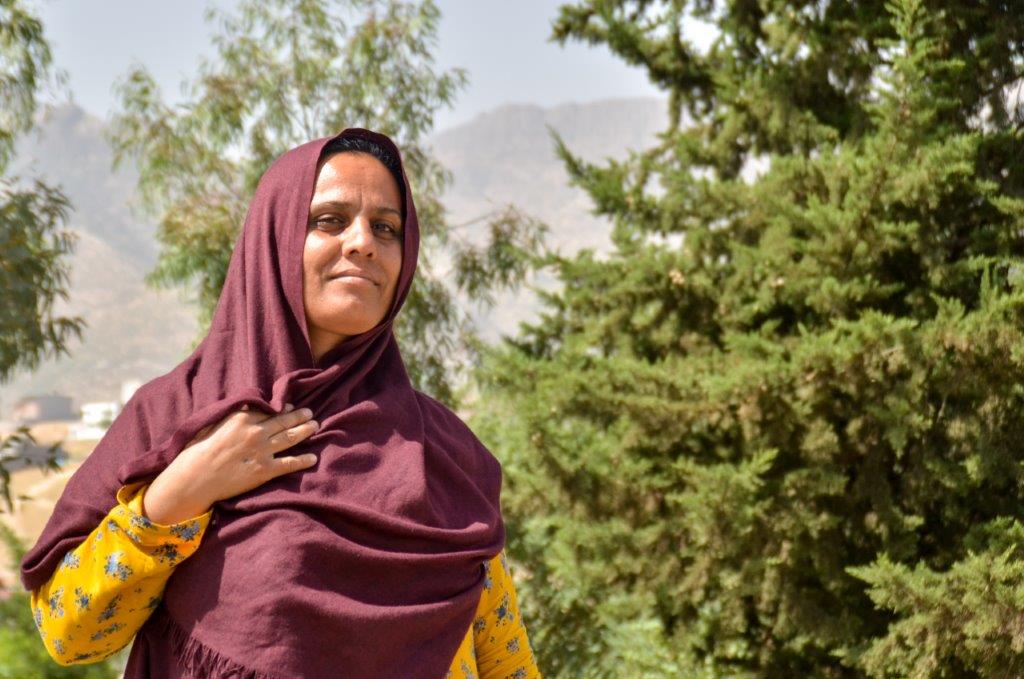
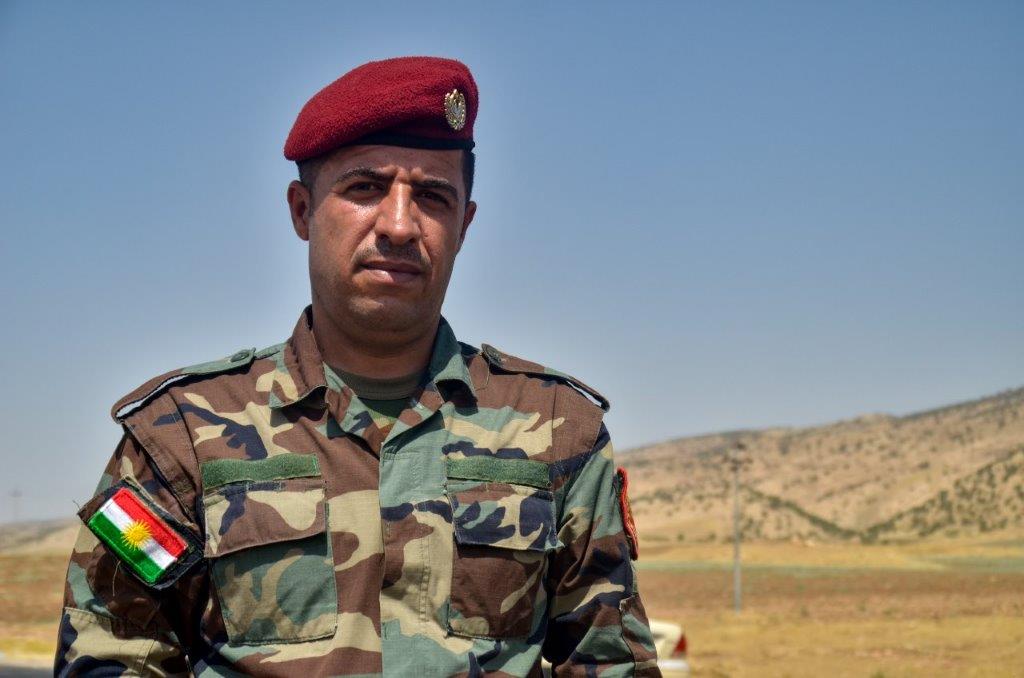
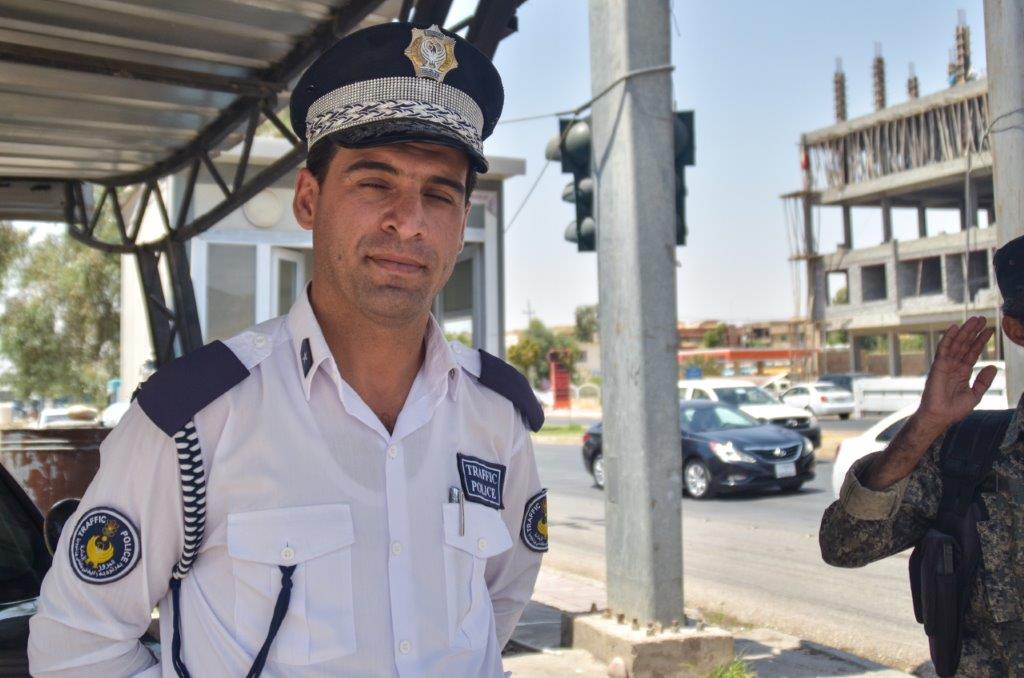
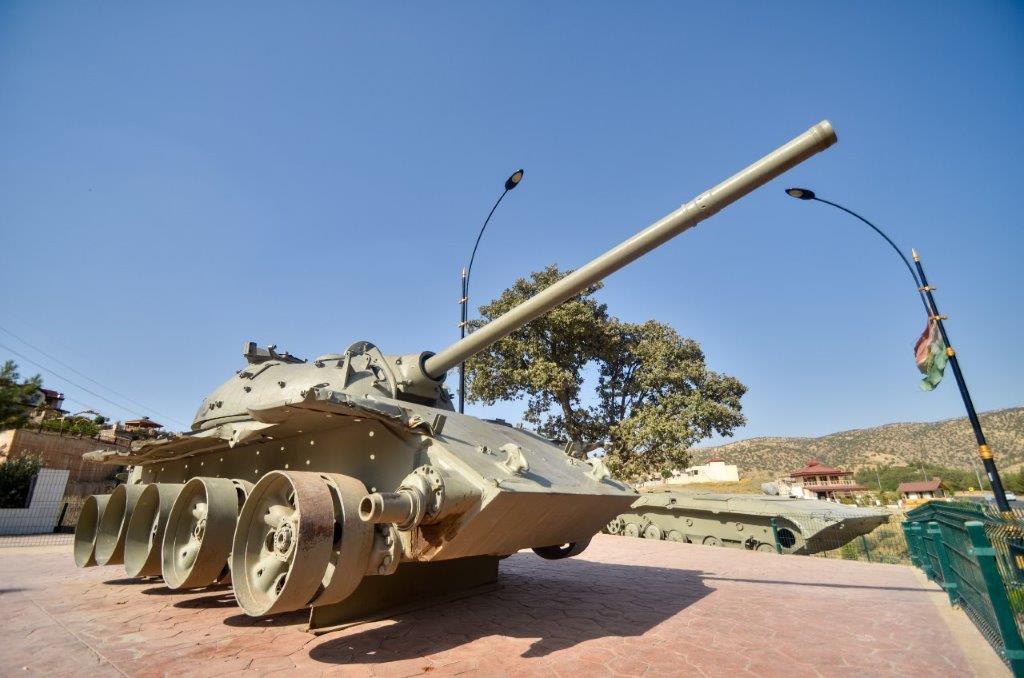
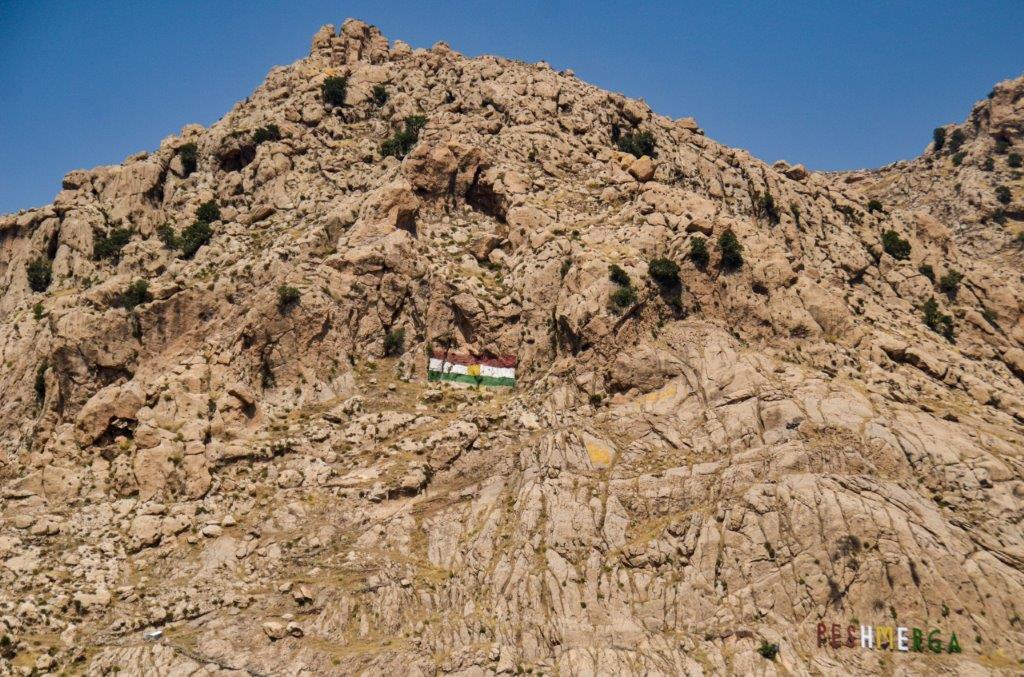
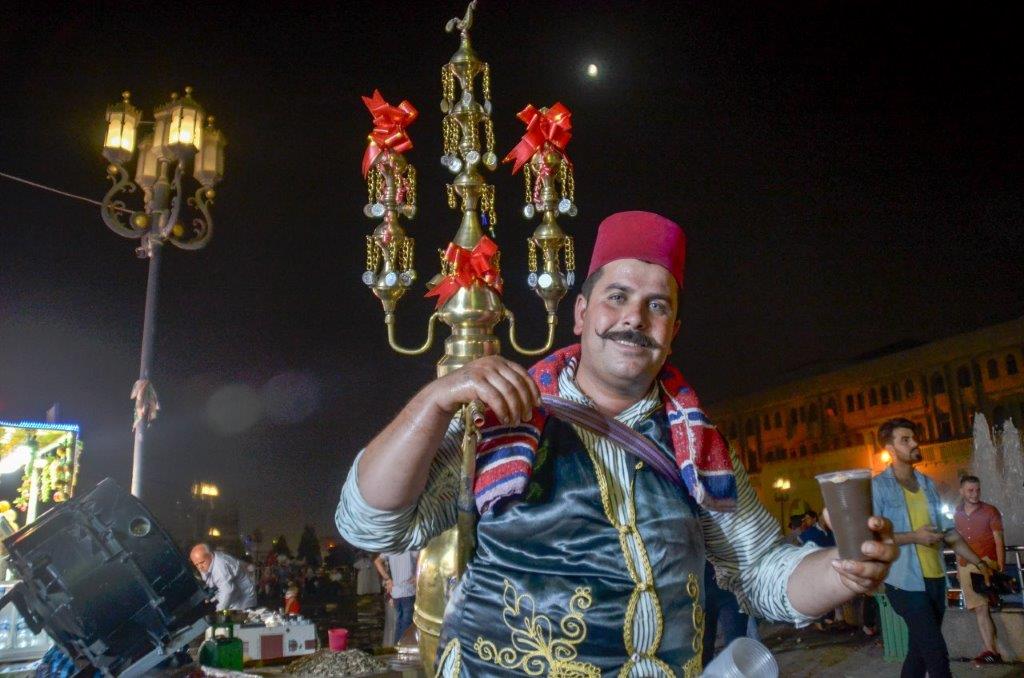
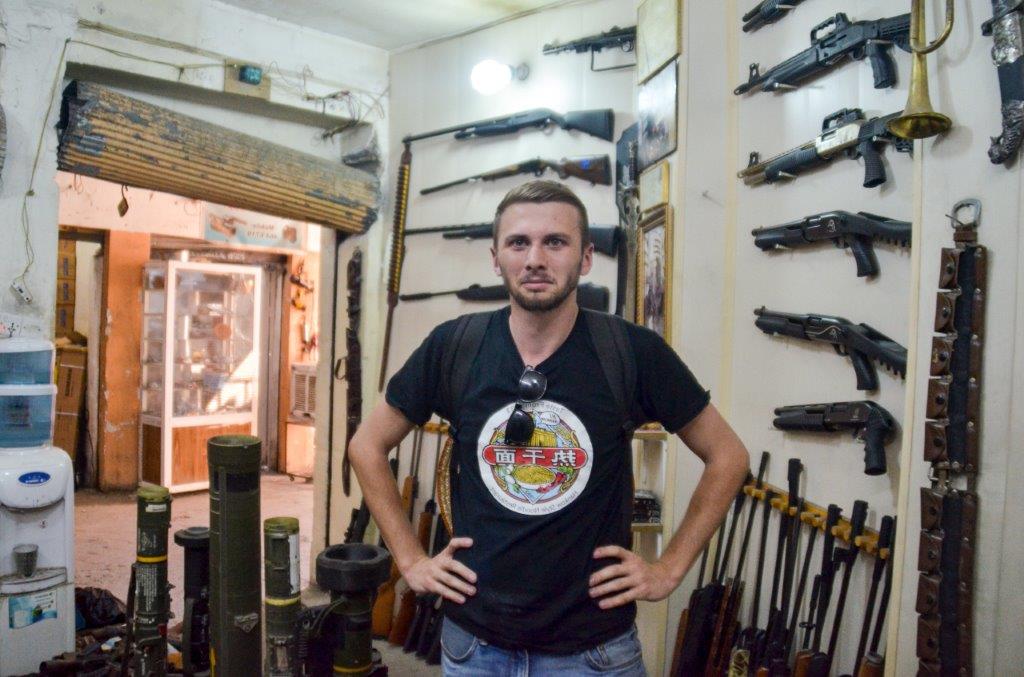
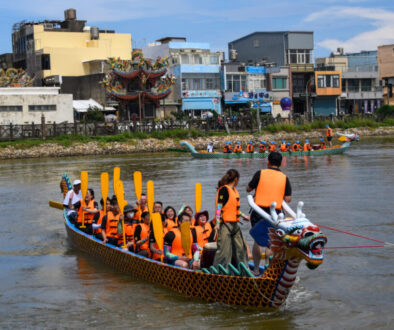
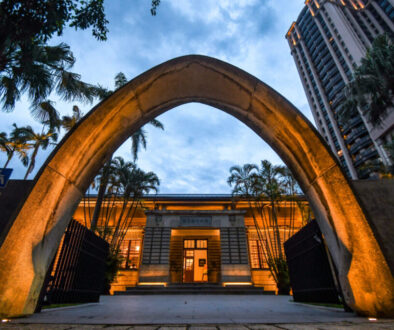
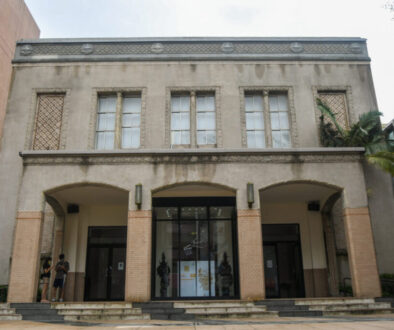


Visiting Lalish Temple: Holiest Site of the Yazidis - ORPHANED NATION
August 9, 2018 @ 6:24 am
[…] Want more travel tips of Kurdistan? Click here! […]